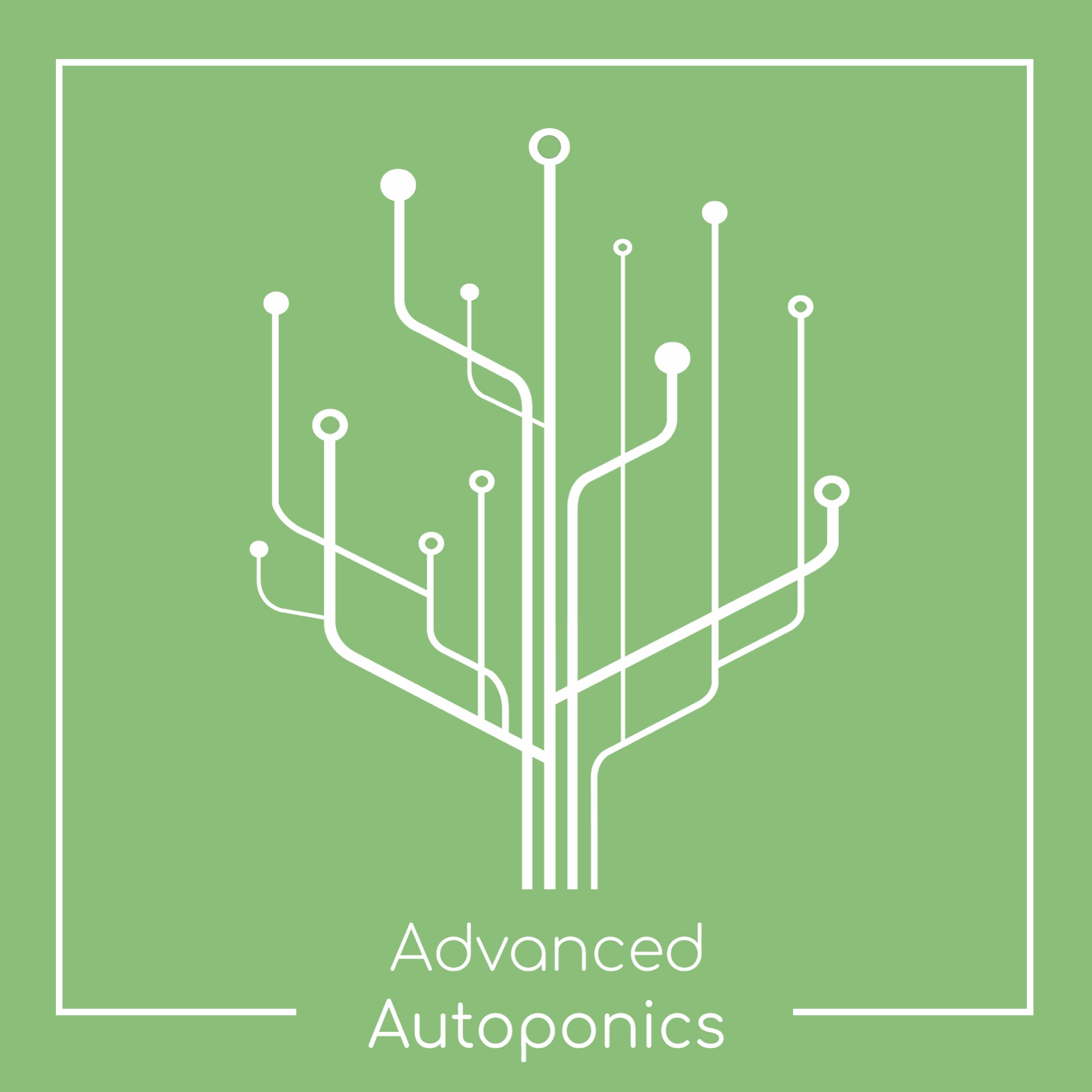The Future of Hydroponic Farming: Innovations and Trends
Hydroponic farming, a method of growing plants without soil, has been gaining popularity in recent years as a sustainable and efficient way to produce fresh foods. With the rise of Advanced hydroponic technology, the future of hydroponic farming looks promising, as new innovations and trends continue to drive the industry forward.
One of the key advancements in hydroponic farming is the development of advanced hydroponic technology, which allows for more precise control over the growing environment. These technologies include automated systems that monitor and adjust factors such as nutrient levels, pH levels, temperature, and humidity to optimize plant growth. This level of precision ensures that plants receive the exact nutrients they need at the right time, leading to faster growth rates and higher yields.
Another trend in hydroponic farming is the use of vertical farming systems, which stack multiple growing layers on top of each other to maximize space efficiency. This allows farmers to grow more plants in a smaller footprint, making it ideal for urban areas where land is limited. Vertical farming also provides better control over factors such as light exposure and airflow, resulting in healthier plants and higher quality produce.
Furthermore, the integration of smart technologies and data analytics is revolutionizing the way hydroponic farms are managed. By collecting and analyzing data on plant growth, nutrient levels, and environmental conditions, farmers can optimize their growing systems for maximum efficiency and productivity. These innovations allow for more sustainable farming practices, reducing water and nutrient waste while increasing crop yields.
In addition to technological advancements, the future of hydroponic farming is also being shaped by consumer preferences for locally grown, organic produce. Hydroponic farms offer a solution to the demand for fresh, pesticide-free foods that are grown close to home. By eliminating the need for soil, hydroponic farming also reduces the risk of soil-borne diseases and pests, making it a safer and more sustainable option for food production.
As the world population continues to grow and resources become increasingly scarce, hydroponic farming offers a viable solution to the challenges facing traditional agriculture. By harnessing the power of advanced hydroponic technology, farmers can grow more food in less space, using fewer resources and reducing their environmental footprint. With ongoing research and development in this field, the future of hydroponic farming is bright, promising a more sustainable and efficient food production system for years to come.
For more information visit:
Advanced Autoponics
https://www.advancedautoponics.com/
Denver, United States
Our cutting-edge hydroponic technology empowers developers, designers, and architects to integrate greenery anywhere, transcending the limitations of soil. Our solution automatically establishes the ideal root environment for plants, fostering growth and sustainability while conserving water and space. Our advanced technology offers real-time monitoring and updates accessible from anywhere on the globe.
